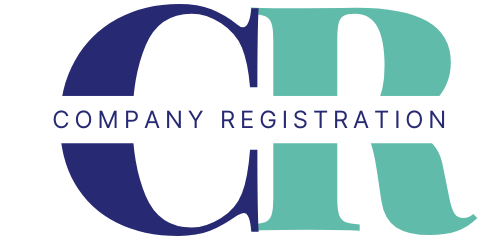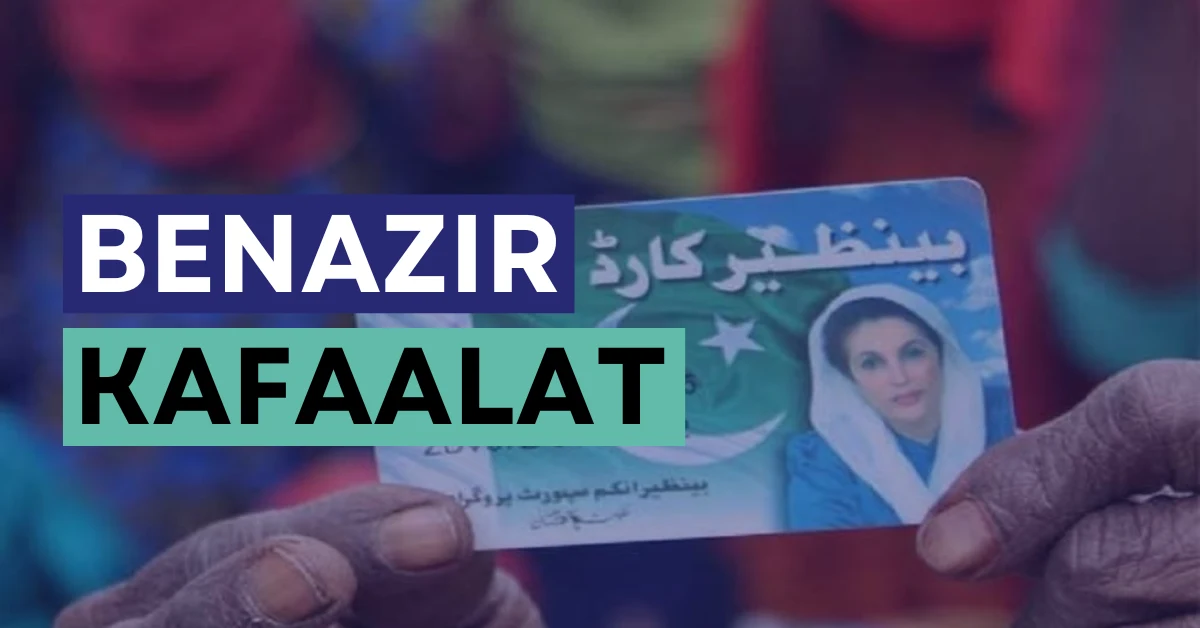Benazir Kafaalat – Registering NGOs and Welfare Companies in Pakistan
In Pakistan, Benazir Kafaalat stands as a flagship program under the Benazir Income Support Programme (BISP). It provides direct cash transfers and welfare support to millions of women from low-income households. With its wide reach, the initiative has become a pillar of poverty alleviation.
For NGOs and welfare companies, there is a unique opportunity to partner, assist, and innovate within the framework of Benazir Kafaalat.
However, the first step is to properly register and structure your welfare entity so it can work legally and effectively in Pakistan.
This blog offers a detailed, step-by-step outlook for social entrepreneurs, activists, and organizations looking to contribute.
Understanding Benazir Kafaalat & Its Importance
Benazir Kafaalat is more than just financial aid—it is a gateway to social empowerment.
NGOs and welfare companies are often crucial in bridging the gap between government programs and communities. They help by:
How to Register an NGO/Welfare Company in Pakistan
1. Select Legal Structure
Before starting, decide how you want your organization to operate:
If you opt for a company, you’ll need a Memorandum of Association (MOA) outlining charitable objectives.
2. Company Registration Process
The registration steps vary slightly depending on the chosen structure:
Click here to get to know the complete company registration process.
3. Obtain Required Documentation
4. Registration with Relevant Authorities
5. Compliance & Ongoing Obligations
Compliance is critical—lack of transparency can lead to license cancellation or funding rejection.
Interface with Benazir Kafaalat Program
NGOs and welfare companies can engage with the program in different ways:
This collaboration allows NGOs to extend the reach of Benazir Kafaalat and add complementary welfare programs.
Legal & Regulatory Considerations
Example of NGO Contribution
In recent years, welfare NGOs have partnered with government bodies to distribute health kits, scholarships, and microloans alongside Benazir Kafaalat.
For instance, local women’s organizations in Sindh successfully combined Kafaalat cash stipends with sewing machine distribution, enabling women to start small businesses.
Such blended models ensure sustainability and empowerment rather than just short-term relief.
For global best practices on governance and NGO management, check out the UNDP NGO Toolkit. It covers transparency, accountability, and community-driven approaches.
Conclusion
Registering NGOs and welfare companies in Pakistan is a structured but rewarding process. Once legally recognized, these entities can partner with the government to strengthen the reach of Benazir Kafaalat.
Whether you are an individual activist, a group of professionals, or a large-scale welfare organization, aligning with this framework ensures your efforts are credible, impactful, and compliant.
In the long run, NGOs registered under proper legal frameworks not only gain donor trust but also contribute meaningfully to the national mission of poverty reduction and empowerment in Pakistan.

